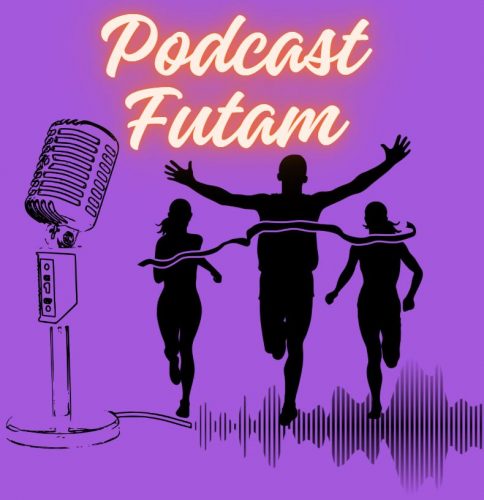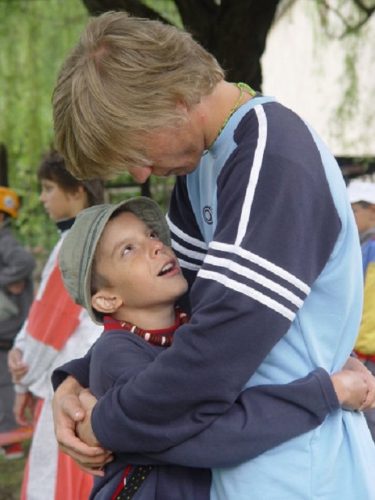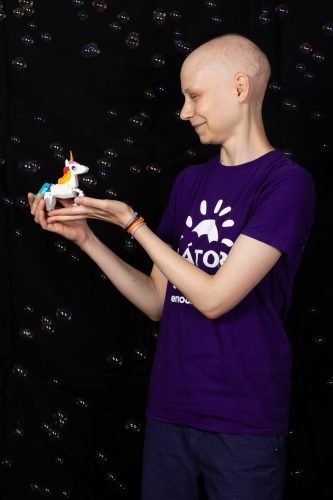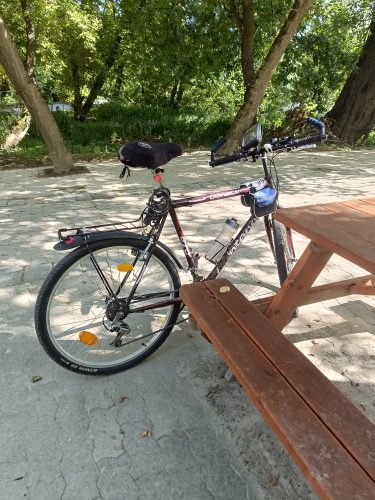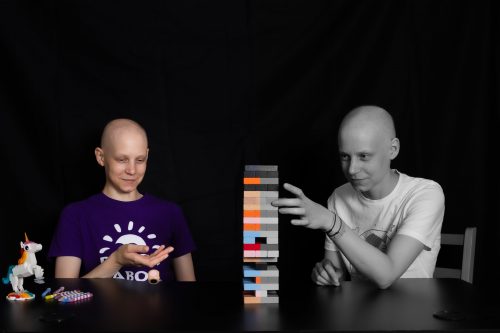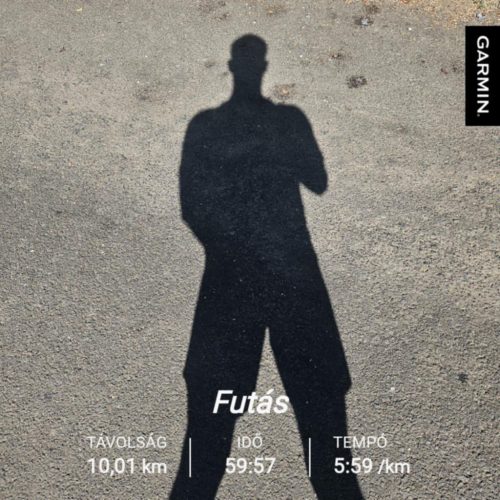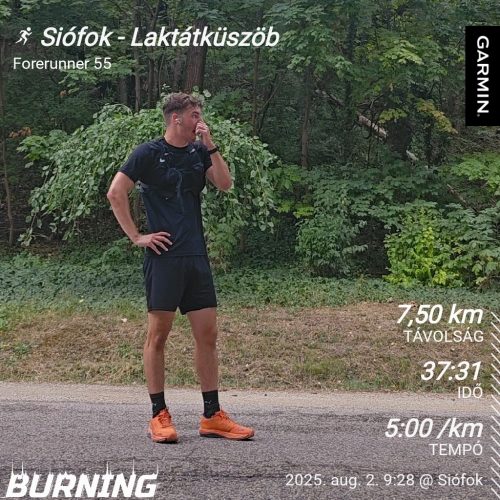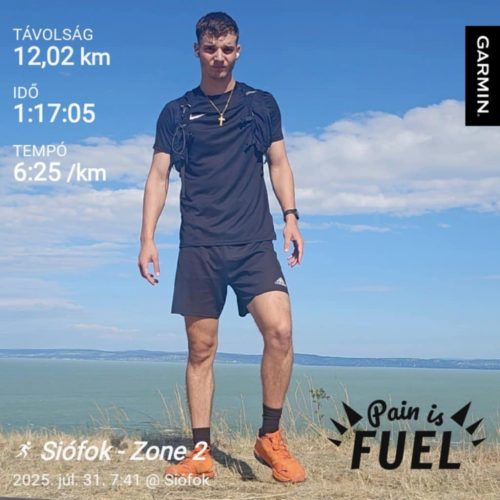Our ÉK foundraisers wrote

Miracle-Working Locations at Bátor Tábor (Part 1)
🌞 At Bátor Tábor, there are so many special locations that make the camp truly unique. At every program site, volunteers stand ready to help campers gain lifelong experiences through adventures and games. Every single program will be with me during my run — because each one is worth running the marathon for. 🪖 There’s the Courage Program, for example, where on a high ropes course, children discover just how much they are capable of — even at such heights. 🏹 Hidden among the dense trees is the archery range. Here, campers can truly experience that they can reach their goals — they ...
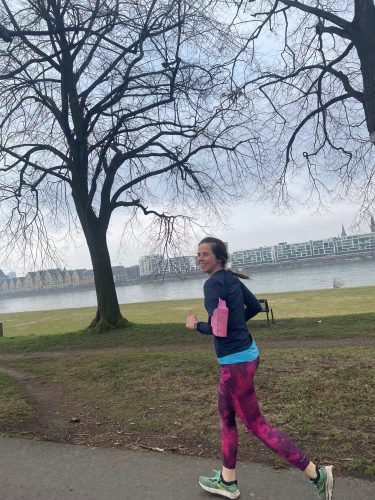
Új bejegyzés
In 42 days, I will run the first marathon of my life, naturally wearing a purple T-shirt in the colors of Bátor Tábor. 💜 That day I will run 42 kilometers, which will be no small challenge for me. Although I’ve been regularly lacing up my running shoes and enthusiastically putting in the miles for the past 10 years, I have never covered such a long distance before. But this achievement cannot compare to the strength and perseverance of the children and their families whom I have met at Bátor Tábor. 💪 I surely have at least 42 reasons to support the work of Bátor Tábor. At the top ...

Gyűlnek a leúszott Km-ek, gyűlik a pénzecske a gyerekeknek!
2026.02.08 - Vasárnap Ahogy az edzéseim során gyűlnek a leúszott KM-ek, úgy gyűlik a pénzecske is a gyerekek számára. Nagy öröm ez nekem, valamint óriási extra motiváció! Jelenleg heti egyszer-kétszer úszom a kiegészítő kardio edzések mellé. Egy alkalommal egyhuzamban kb 1,5 - 2km-t szoktam leúszni. Rengeteg idő van még hátra! Gyűljenek a kilométerek, gyűljön a pénz!😍
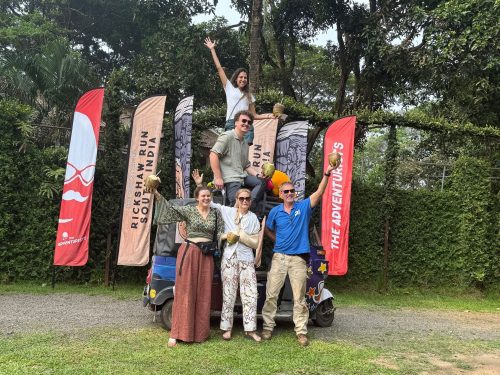
Új bejegyzés
Finishline: Last 20 meters we done together, incredible feeling after the excitements of the first day
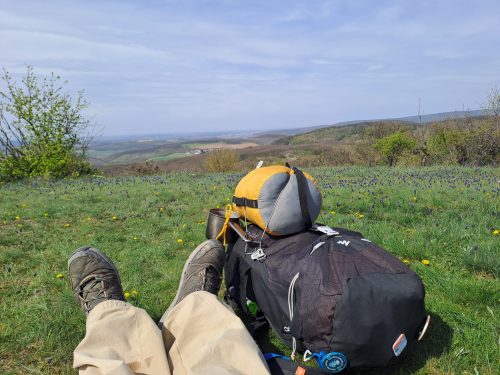
Új bejegyzés
(Magyar) A Bátor Tábor önkéntes cimbije, de miért? Természetjáró, de miért? Egyikünk sem lehet csak jó, vagy csak kedves. Senki sem tökéletes, és (tudtommal) senki sem szent. Én vagyok az is, aki hibázik, én vagyok az, aki megnevettet néha, én vagyok az is, aki türelmetlen, és az is én vagyok, aki gyógyítani próbál. Egy kiadós túra, kapcsolódni a természettel ugyanazt az érzést adja számomra, mint amikor belépek a Bátor Táborba, és a társaimmal közösen nekigyürkőzök egy turnusnak, amiről tudom, hogy kimerítő lesz, de mindenképpen felemelő. Ilyenkor közelíthetek kicsit önmagam jobb ...
Új bejegyzés
(Magyar) Megúsztam 😀 Összességében jól sikerült nap volt! Arra számítottam, hogy hideg lesz a víz, de ez nem volt probléma, nem éreztem hidegnek egyáltalán. Az eleje volt nehezebb, inkább a túlgondolkodást kikapcsolni... De a visszafordító előtt már jó volt. Kb 2 órás időt terveztem, így nagyon meglepett, mikor valaki a végefelé mondta, mennyi az idő, majd a chip leolvasása után mondták is,hogy 1: 31. 😊 Utána még az Élménykülönítményes sátornál bandáztam, vátam az öcsémet. ( ő az egész távot úszta meg.)
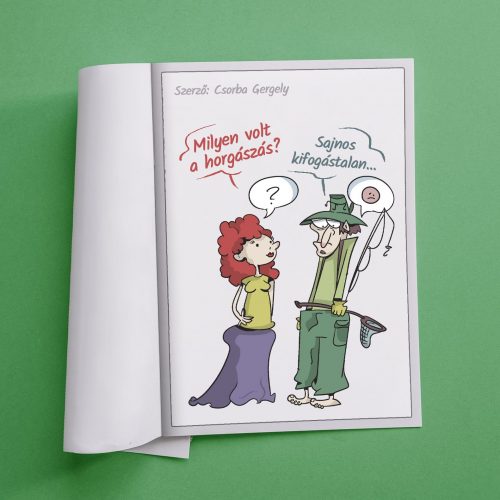
Daily jokes and cartoons 80/80
- How was fishing? - Impeccable, unfortunately. (The joke being that the Hungarian for "Impeccable" ("Kifogástalan") literally means "Without objections", and "Objection" is "Kifogás", which also means "fishing something out". So impeccable also translates to "without something to fish out", which is obviously the opposite of an "impeccable" fishing trip. Hope that made sense, sorry... Still, hope you had some fun over the last 80 days. See you around. G)
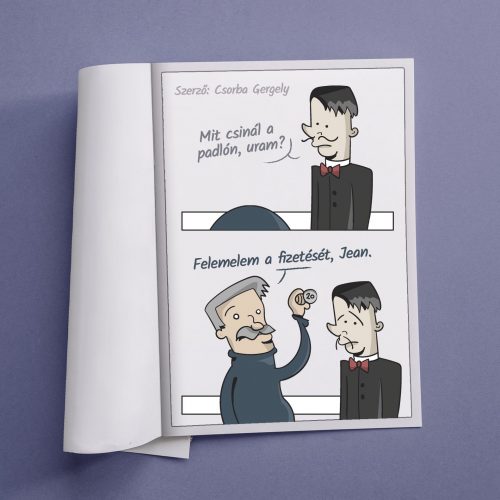
Daily jokes and cartoons 79/80
- What are you doing down on the floor, Sir? - I'm raising your salary, Jean.
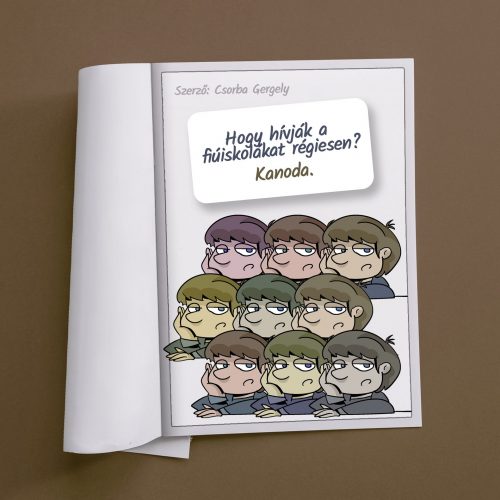
Daily jokes and cartoons 78/80
This is rather abstract. "Kan" is a word for "Male" in Hungarian, usually used for animals. "Tan" refers to "Tanulás", which is learning. "Tanoda" is an older term for "School". So the joke is: - What do you call a male only school? - Kanoda ("Malestitute").







